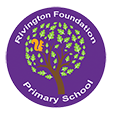At Rivington, our vision statement is: ‘Growing Together: Living Life to its Fullest; Making a Difference Along the Way’ This is seen in every area of the curriculum including Geography.
Pride, Intrepidness, No Limit – ‘P.I.N.’ We wear our PIN with pride! These school values will be demonstrated by students within each lesson.
Our aim is to develop children’s interest, knowledge and respect for the diverse places, people and resources around us.
This is made possible by a thorough understanding of physical and human processes, and the interaction of the two.
Children at Rivington Foundation Primary are encouraged to observe, appreciate and understand the wonderful diversity around them. They are clearly taught the human and physical processes geographical processes.
Together, this appreciation and knowledge leads to a genuine fascination and desire to aim high and achieve.
The effects of humans on the planet is something children need to be sensitively made aware of in order for them to make informed decisions as they grow older.
Fieldwork is a vital part of putting geographical knowledge into practise, giving children the opportunity to actively observe and take pride in the features of their community.
Prior knowledge is built on through a carefully planned sequences of lessons. Tasks are designed for children to learn, explore, then demonstrate the knowledge acquired in each lesson.
The intention of our Geography curriculum is to inspire children’s fascination in learning about the world, facilitated by exceptional teacher instruction that allows the acquisition and application of knowledge and skills.
Implementation The CUSP Geography curriculum is organised into blocks with each block covering a particular set of disciplines. Children throughout the school will examine key substantive concepts of geography including Locational Knowledge, Place Knowledge, Human and Physical Geography and Geographical Skills and Fieldwork. At the same time disciplinary knowledge is embedded, the use of this substantive knowledge and how children become more expert as a geographer, such as making connections, rational perspectives, sustainability and regional inequality. The CUSP curriculum has been modified to take into account our mixed aged classes and is delivered as a two-year rolling programme.
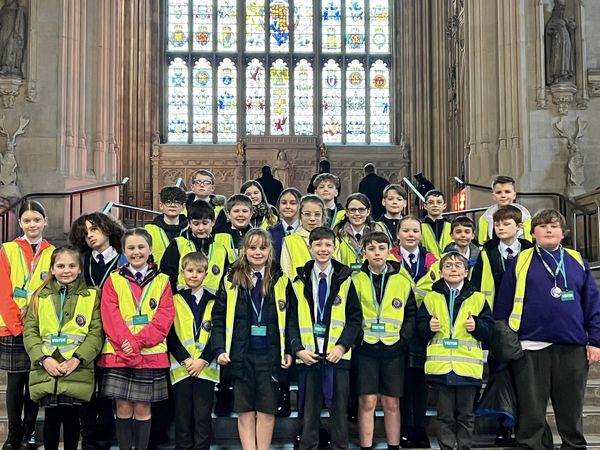
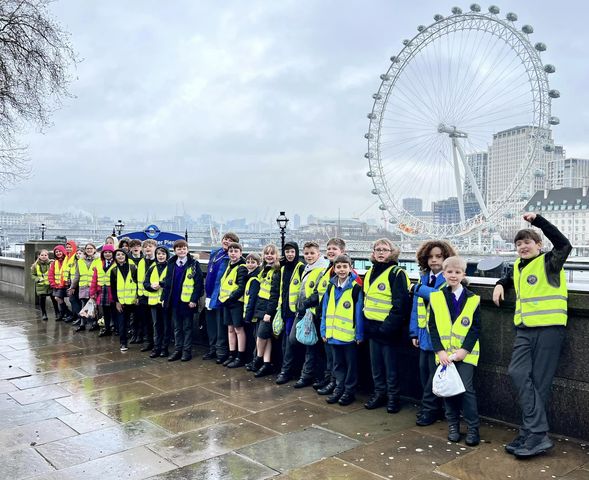
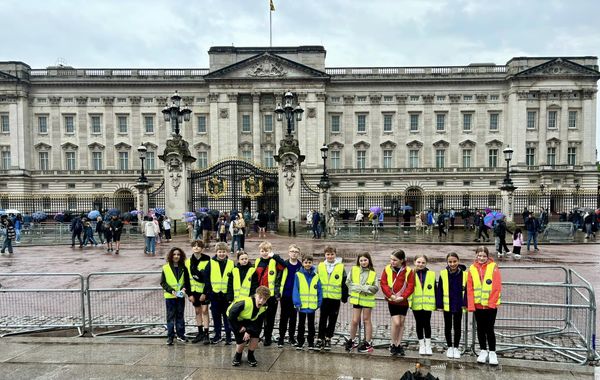
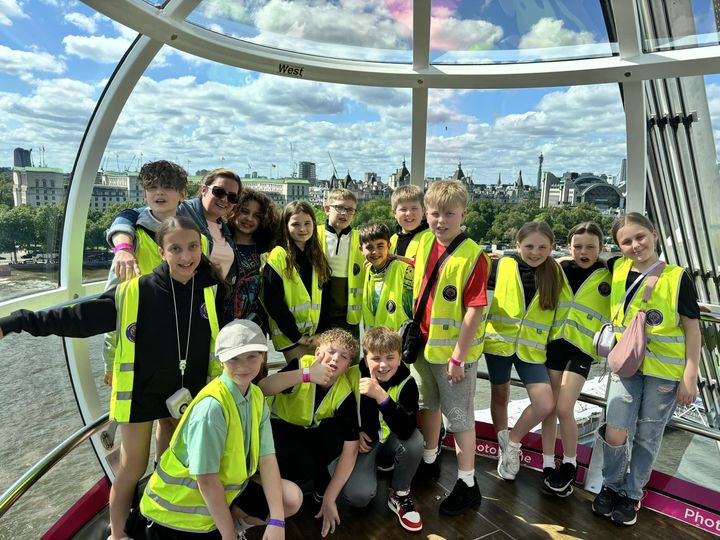
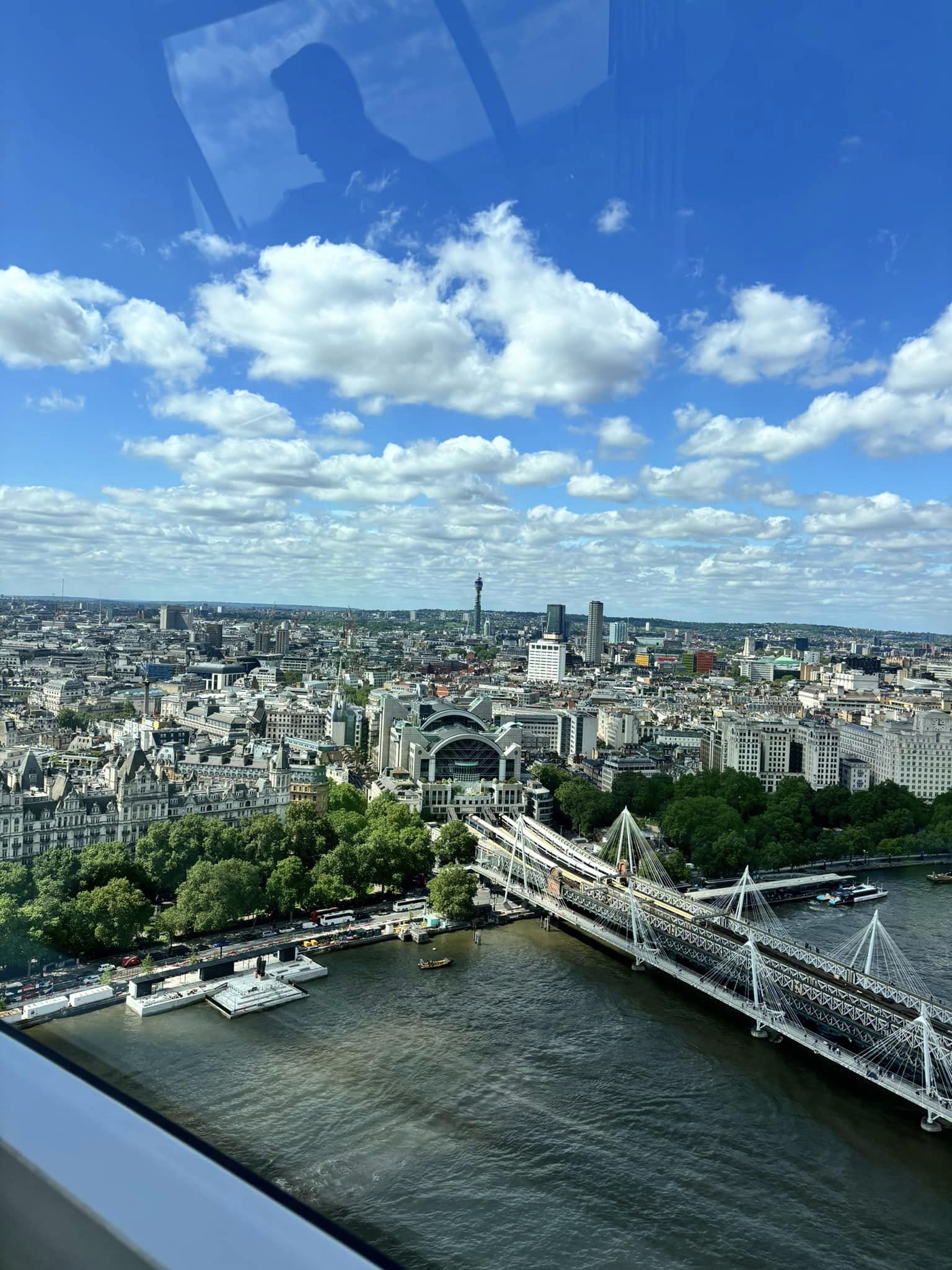
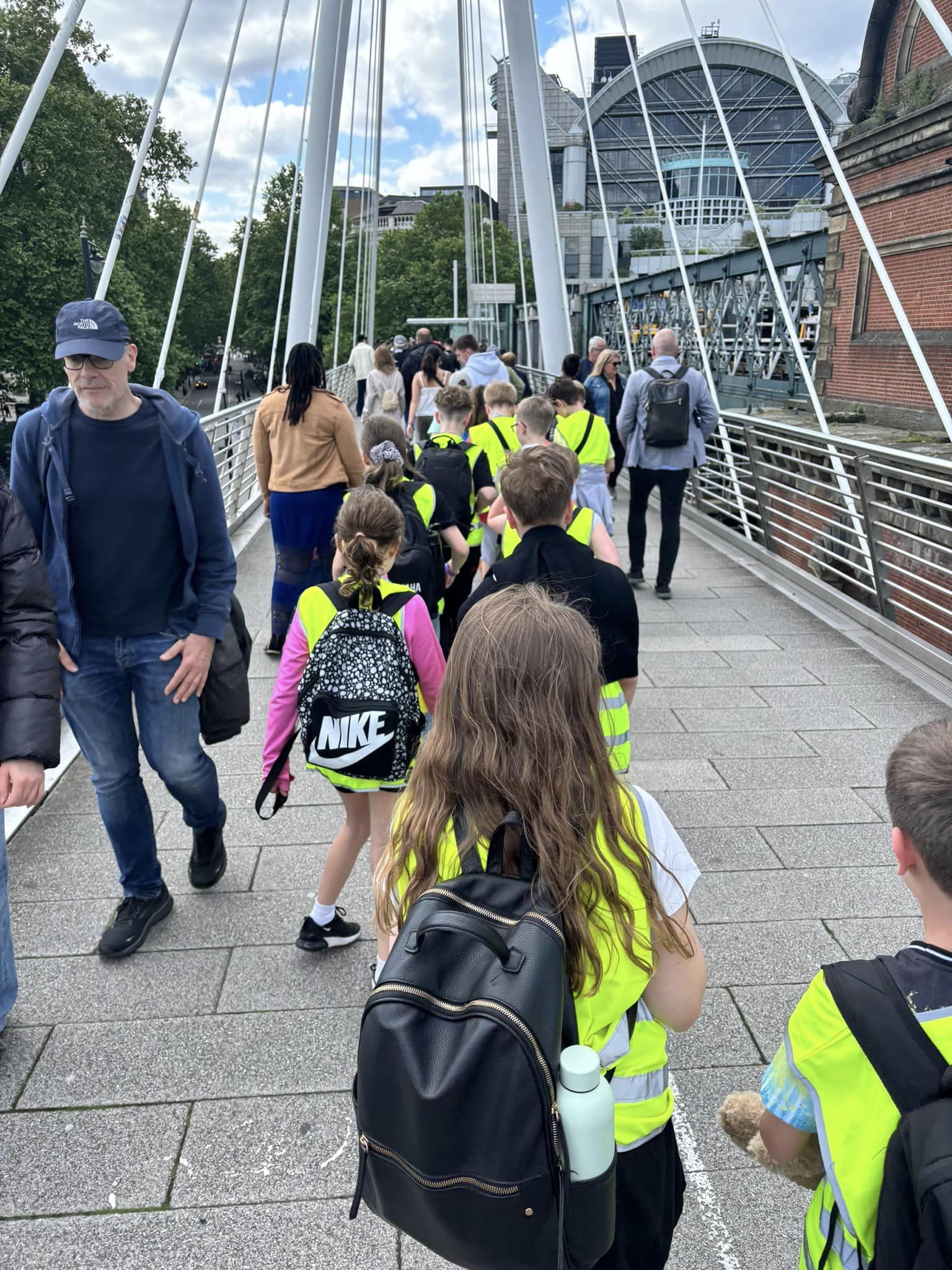
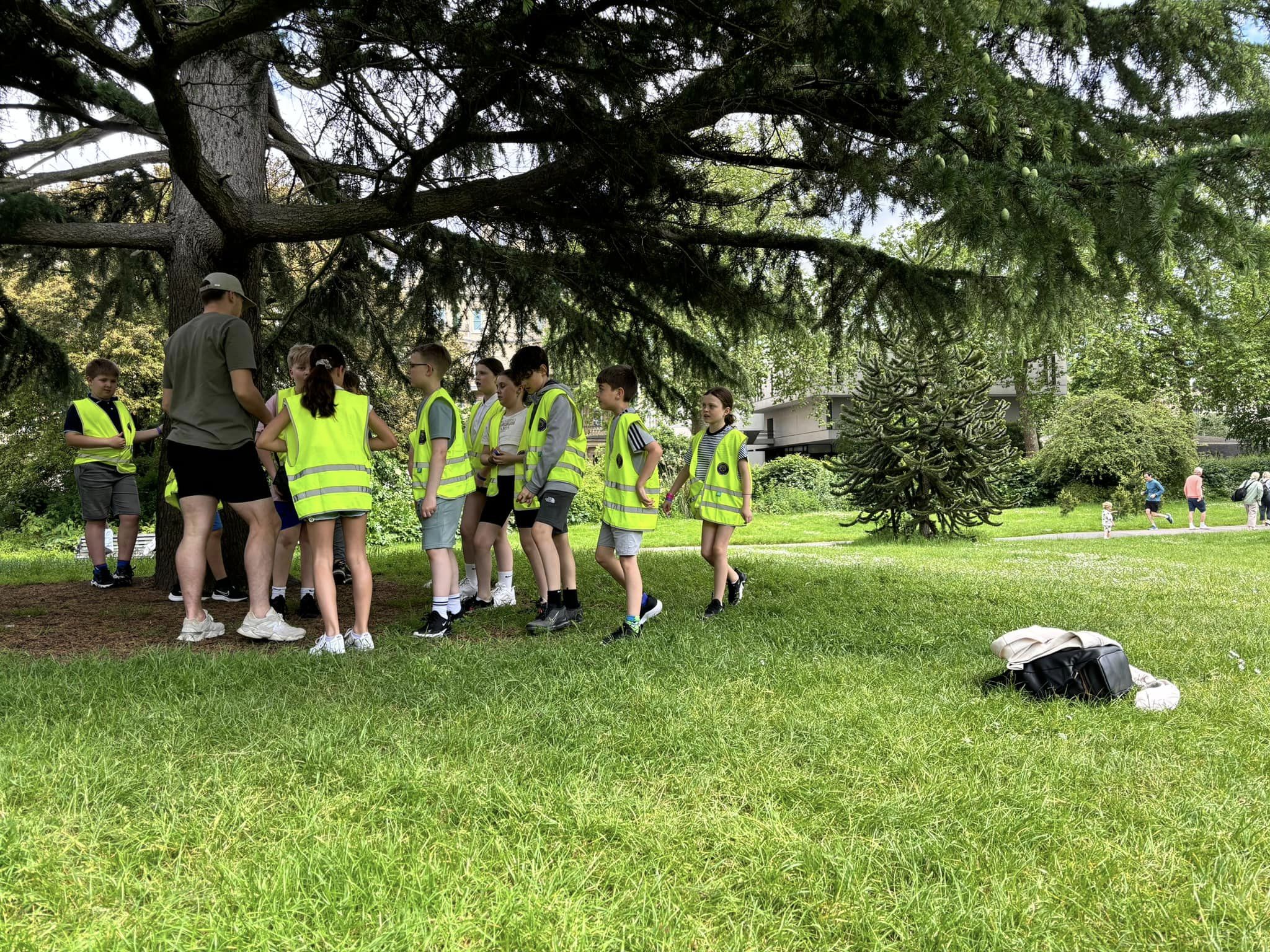
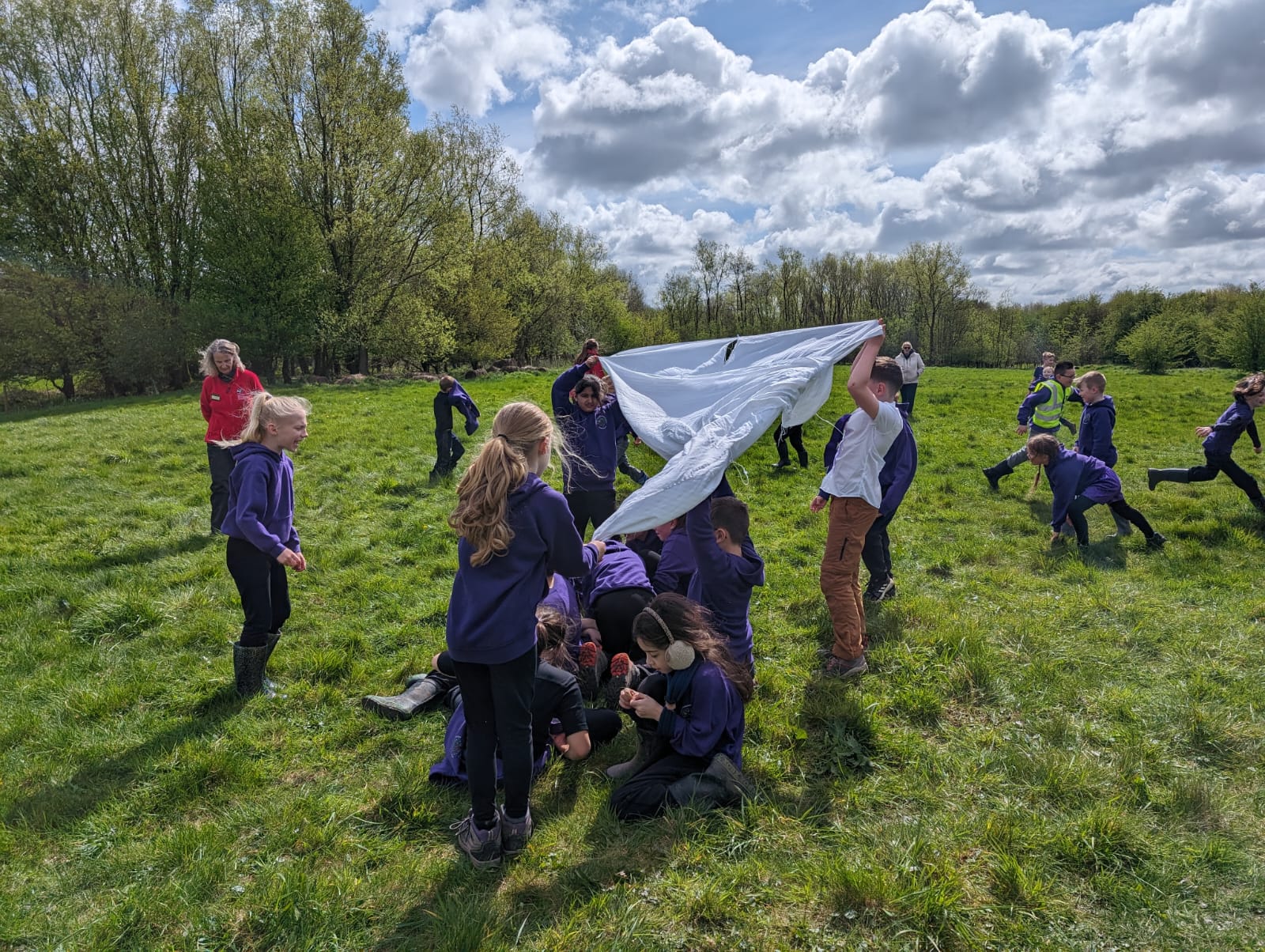
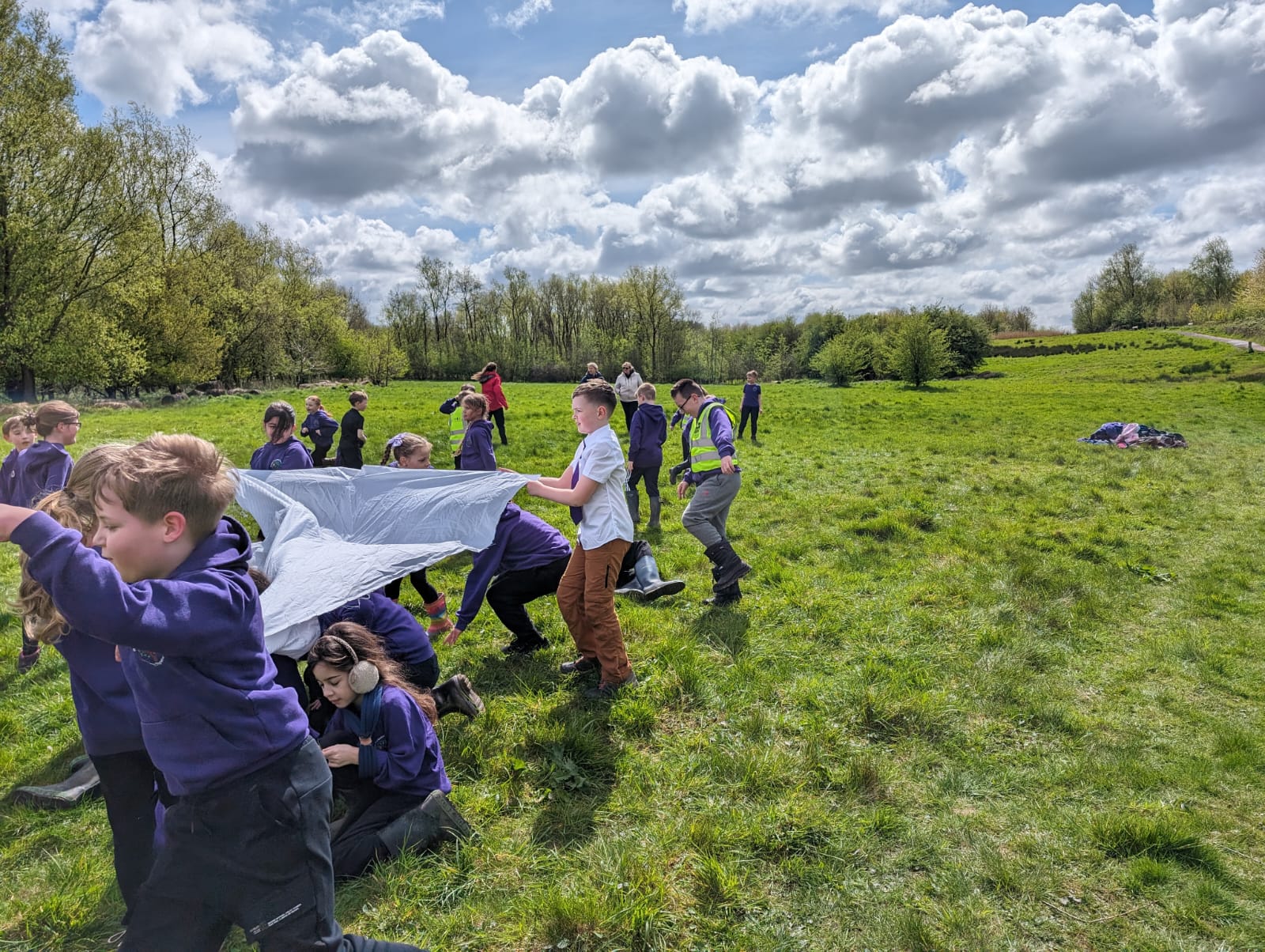
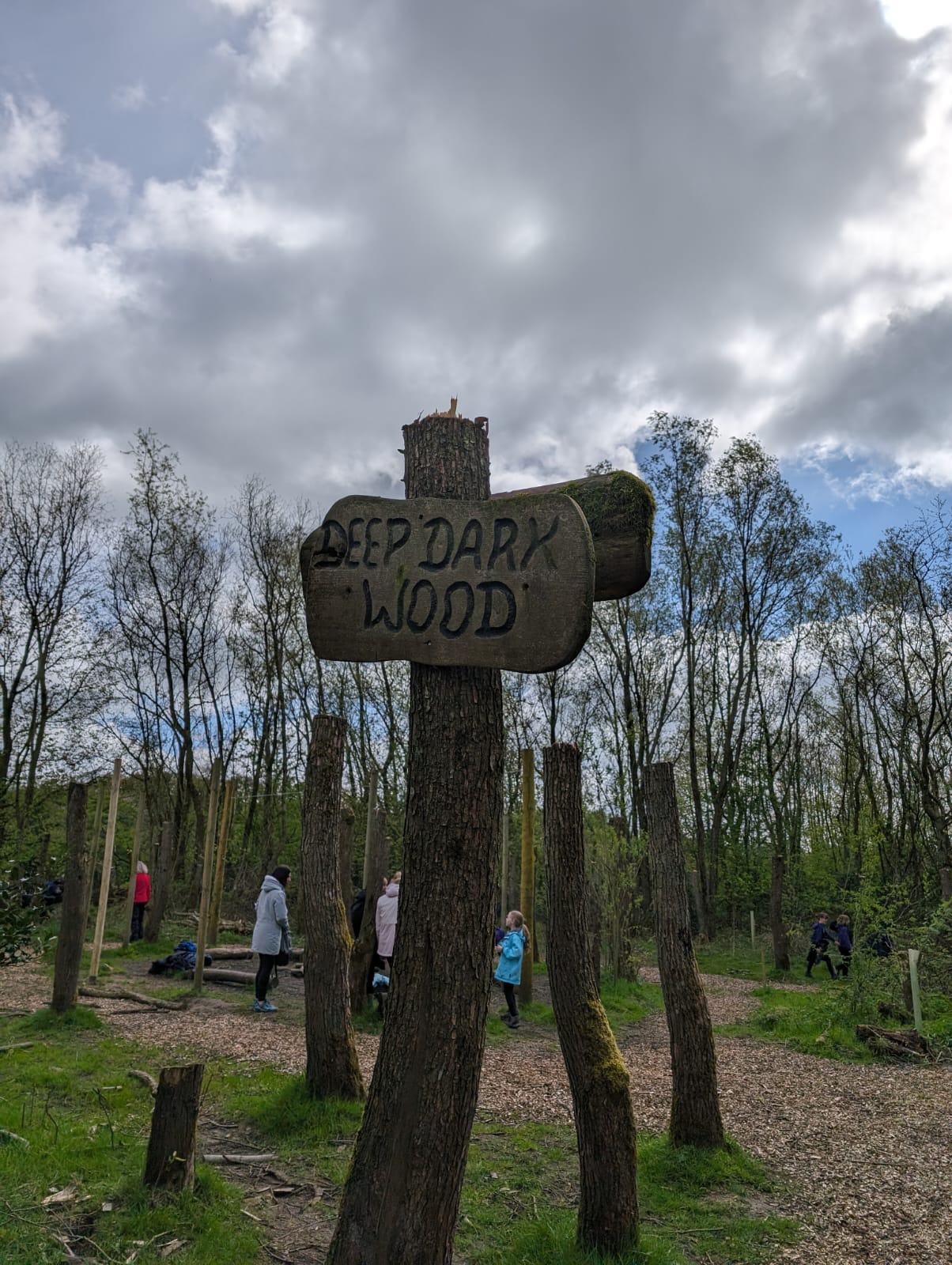
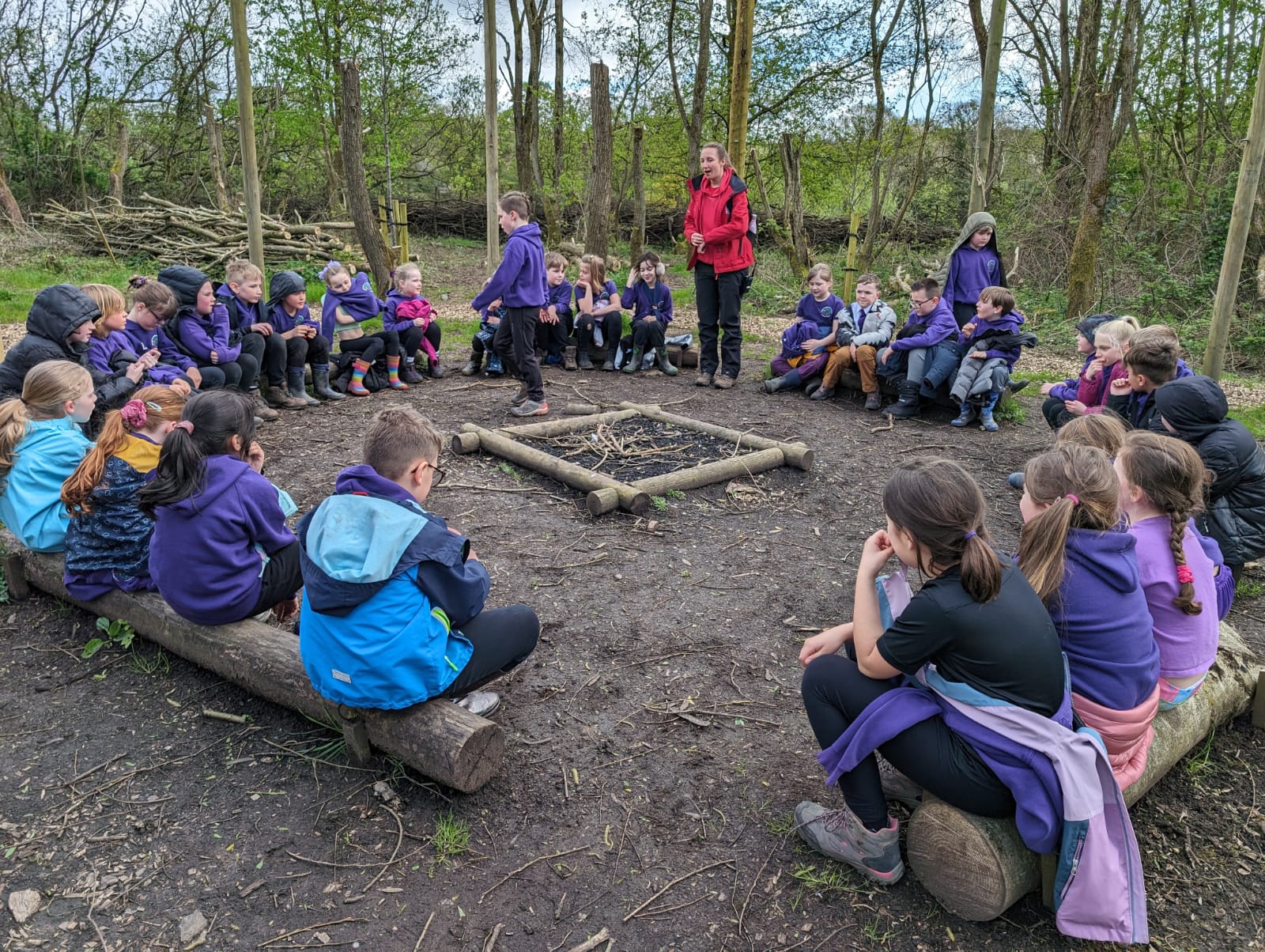
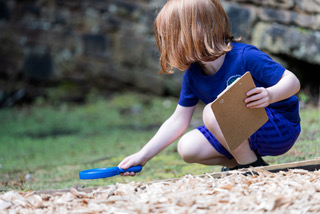
Geography
Geography inspires a curiosity and fascination about the world from an early age giving pupils a coherent, cohesive understanding of the world and the interconnectedness of humans and the physical environment so that they may appreciate, understand and feel part of the world they live in at a local, national and internationally level.
Geography Curriculum at Rivington Foundation Primary School
At Rivington Foundation Primary School, we are proud to follow the CUSP (Curriculum Unity Schools Partnership) geography curriculum, which is rooted in evidence-based practice. Geography plays a central role in our curriculum, allowing us to leverage both the rich geographical features of our local area and explore the wider world. Our curriculum is structured to build cumulative knowledge across key geographical domains: locational knowledge, place knowledge, human and physical geography, and geographical skills and fieldwork. The curriculum is designed to align with the 2014 Primary National Curriculum, exposing children to a wide range of geographical themes throughout the year. Through CUSP, children develop an understanding of world continents, oceans, and regions, while also comparing Britain with other areas across the globe. They acquire and refine map skills and conduct fieldwork that explores both the immediate locality and the wider world.
Intent
Our Geography curriculum is designed to spark curiosity and inspire a lifelong interest in learning about the world. We aim to provide high-quality teaching that supports children in acquiring and applying essential geographical knowledge and skills.
Implementation
The CUSP Geography curriculum is organised into distinct blocks, each focusing on specific geographical disciplines. Across all year groups, students explore the core concepts of geography, including Locational Knowledge, Place Knowledge, Human and Physical Geography, and Geographical Skills and Fieldwork. These substantive concepts are complemented by disciplinary knowledge, encouraging students to think and act like geographers. This involves making connections between concepts, adopting rational perspectives, and developing an understanding of sustainability and regional inequalities.
The curriculum has been adapted for our mixed-age classes and is delivered on a two-year rolling programme, ensuring a broad and balanced learning experience for all students.
Impact
The geography curriculum at Rivington Foundation Primary is designed to nurture students into becoming geographically ‘expert’ over time. With each unit of study, children develop a deeper, more coherent understanding of the world, avoiding fragmented learning. Vocabulary, both specific and contextual, is woven into each unit to further enhance comprehension. Formative assessments are used to identify and address gaps in understanding, as well as to challenge students who require additional support or extension. This ensures that learning is responsive and effective, occurring in real-time during lessons.
Geography at Rivington Foundation Primary
Geography is a rich and diverse subject that gives children the opportunity to learn about diverse places, people, resources, environments and the effect of mankind. It inspires a curiosity and fascination about the world from an early and foster enthusiasm and a passion for learning. By studying the beauty of Earth and the awesome power of Earth-shaping forces we can fascinate, inspire and create globally aware pupils. Geography is, by nature, an investigative subject, which develops an understanding of concepts, knowledge and skills.
Whilst the importance of geographical knowledge is recognised, we also wish to enable children to become lifelong geographers who have the skills and attitudes to continue to appreciate the world around them Throughout the Geography curriculum at Rivington Foundation, children will learn the Earth’s key physical and human processes. They will deepen their understanding of the interaction between physical and human processes and how this affects landscapes and environments. Many contemporary challenges – climate change, food security, energy choices – cannot be understood without a geographical perspective.
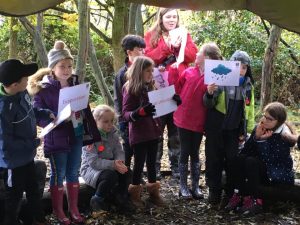
We ensure that each lesson develops our pupils thinking and decision making as this will help them to live their lives as knowledgeable citizens, aware of their own local communities in a global setting.
We also understand that Geography has many links with a language. Pupils are taught to communicate and decipher information by using maps, images of people and place, numerical data and graphical modes of communication, and getting to grips with the geographic information systems (GIS) that underpin our lives, make geographers skilful and employable. They will also develop important geographical skills, such as being able to use a compass and four figure grid references to describe a location. Our pupils have access to a diverse Geography curriculum that allows continuous development of key skills and geographical knowledge throughout their time at primary school. Time within Geography lessons is split between Human and Physical Geography, in addition the development of key geographical skills.
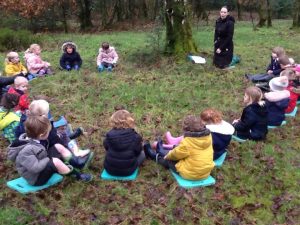
How Geography is taught across Key Stages?
Within each academic year, children will study Geography during two blocked units. This allows children to build up their geographical skills and understanding through continuous day-to-day learning. We are able to make links between outdoor fieldwork skills and tasks in class and draw links between different areas of Geography.
We have a whole-school Fieldwork day whereby our pupils ‘take-over’ the local area and develop key knowledge of their local area and physical and human factors that are currently impacting on it. We carry out surveys and ask the public for their opinions before using these to create a solution to the problems.
Our Geography Vocabulary
At Rivington Foundation, we know that a good understanding of a wide range of vocabulary supports success across the whole national curriculum. We have identified ‘core’ words that the children will meet in different subjects and in different topics. These words will be revisited and taught in different contexts so that the children develop a deep understanding of their meaning and they become tools with which children can access the knowledge, skills and understanding the curriculum demands. Obviously, these are not the only words we will teach. But they will form a backbone through our curriculum to help to scaffold and develop the children’s learning. Children will also encounter our ‘Curriculum Concepts’ – a bank of 65 concepts which are to be re-visited across the curriculum and across year groups so that children can formulate links within their learning- developing their long-term memory.
Geography Trips
We strongly believe that geographical skills need to be put into practice and high-quality learning opportunities can be developed through practical fieldwork. Our staff are always looking at how to incorporate these trips into the curriculum and last year, Year 3/4 were able to visit Brockholes in order to support their knowledge and understanding of rivers. Our Y6 week-long ‘journey’ is always chosen carefully to allow our pupils to access opportunities to develop their Geographical knowledge. For the last few years they have been amazed by the geographical features of the Lake District.
Understanding the world through current affairs is hugely beneficial for developing Geography knowledge and we encourage children to stay up date with what is going on in the world by having a copy of the children’s newspaper ‘Picture News’ and ‘First News’ delivered weekly to each class. Ask your child about current issues and see what they know.
Helping at Home
Children’s learning is always accentuated if the support at home is provided in addition to work done inside the classroom. Having access to an atlas is a fantastic way for children to ask questions and become curious about the various countries around the world. Spending 10 minutes a week investigating a new country within the world is a great way to ignite children’s fascination with our planet. For example, you could look at a country’s location in comparison to the UK or investigate food that might be eaten there. Google Earth is another great tool for doing this. The websites below may also be useful:
